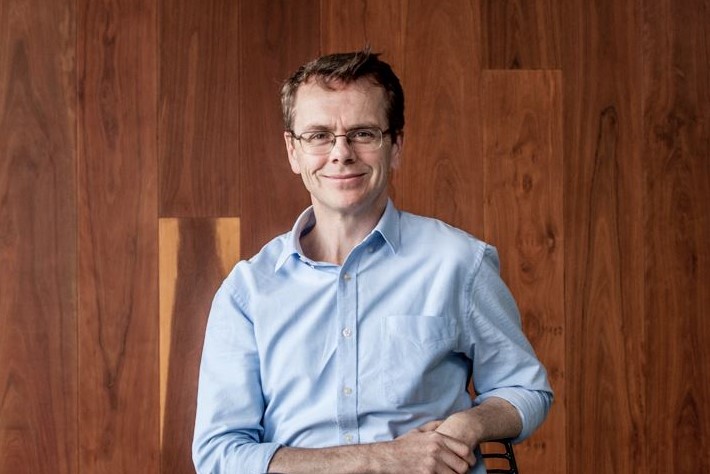Professor Anthony Hannan spoke to David Astle on ABC Radio Melbourne about how our brain’s incredible dexterity to create new pathways over the course of our lives – known as brain plasticity – is informing how we can keep our brains healthy and tackle neurological and psychiatric conditions.
As you read this, the 100 billion neurons that make up your brain are making new connections, adding further complexity to the trillions of connections that already exist. Professor Anthony Hannan, Head of the Epigenetics and Neural Plasticity Laboratory at The Florey, studies how our brain can adjust in response to neurological disruptions and lifestyle factors, and how we can use these discoveries to develop new ways to prevent and treat mental illness and other brain disorders.
“After a neurological event, or onset of a brain disorder, there’s extraordinary plasticity going on to ‘remap’ areas of the brain where function has been lost, as well as heightened sensitivity to external influences like behaviour and environment as it reforms its connection,” said Professor Anthony Hannan.
Based on this premise, milestone research by Prof Hannan and team two decades ago found that increased cognitive stimulation and physical activity in a preclinical model of Huntington’s disease can delay onset of the fatal brain disease. The findings fed into ground-breaking clinical investigations involving families with Huntington’s disease, which reaffirmed the team’s initial findings that modifying environment, increasing physical stimulation, and introducing complex cognitive tasks were effective measures in delaying the disease.
“What our work demonstrates is that brain conditions can absolutely be modified by environment. No disorder is 100% genetic, nor 100% environmental, and this provides neuroscientists with multiple pathways to treat, manage and slow down the onset of some conditions,” said Professor Hannan.
Having a balanced diet, doing regular exercise, and engaging in complex activities like social interaction are some of Professor Hannan tips to improve brain health and encourage ongoing development and formation of new connections.
Asked if current scientific evidence points to activities that may be better at boosting brain plasticity than others, Prof Hannan says there’s no single activity.
“It really comes down to people doing activities that challenge and stimulate them, as well as being enjoyable enough that they’ll continue to engage with the activity for months or years. It’s the complexity and challenge of engaging in new physical or mental activities like ‘brain training’ puzzles and word plays that make them great for maintaining a healthy brain. The beauty of keeping the brain healthy is that it is not a chore, but instead can involve learning, growing as a person and having fun!”

Professor Anthony Hannan, Head of the Epigenetics and Neural Plasticity Laboratory